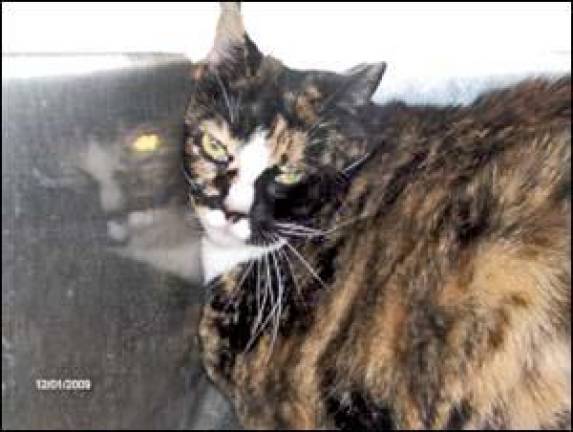Yeshiva expected to break ground on new building this spring

Chester Yeshiva Toras Chemed’s long and winding road to getting a new school in Chester is nearing its end. The nonsectarian Orthodox Jewish school, an offshoot of Nitra Farm Family in Westchester, will be built on 17 acres of the former site of the Inn at Chester on Route 17M. The school’s director has lauded its students as “the cream of the crop.” The school prides itself on being open to students from a variety of backgrounds. The new building will accommodate up to 120 students and teachers. Getting insurance this month was the Yeshiva’s last remaining hurdle in a process that took several years. Along the way there were lawsuits over the Yeshiva’s illegal use of temporary trailers, and later its failure to remove the trailers by the date set in the town’s conditional permit. The court said it gave the Yeshiva additional time because it had not received all of the necessary paperwork in time from Chester officials. The town building inspector, Joe Mlcoch, said this week that the school should be ready to break ground this spring for over 30,000 square feet of classroom space and 9,000 square feet of dormitory space. Over the past few years town residents raised concerns that the students teenagers with no means of transportation would be unsafe while walking along Route 17M. The school’s director assured planning board members that these students will be busy studying, and not walking Chester’s streets. Residents also worried about the condition of the steep secondary access driveway, which required significant grading. Town planning board members also insisted that the Yeshiva landscape the secondary access road to maintain the site’s attractive appearance. History dates back to 1945 Nitra Yeshiva Farm Settlement the original group in Westchester dates back to 1945, when two highly revered Jewish leaders escaped from a train on its way to the Nazi concentration camp at Auschwitz. When they settled in Westchester, the tightly knit community prospered, and alerted the wider society to the atrocities being committed in the concentration camps. They encouraged their young to spend their time studying the Torah. Adults farmed during the day and developed a social network that extended from New York City to their farms in the Hudson Valley and southern Connecticut. Evenings were reserved for study. Eventually, the Mount Kisco school filled to capacity, sending the school to seek a new site in Chester.